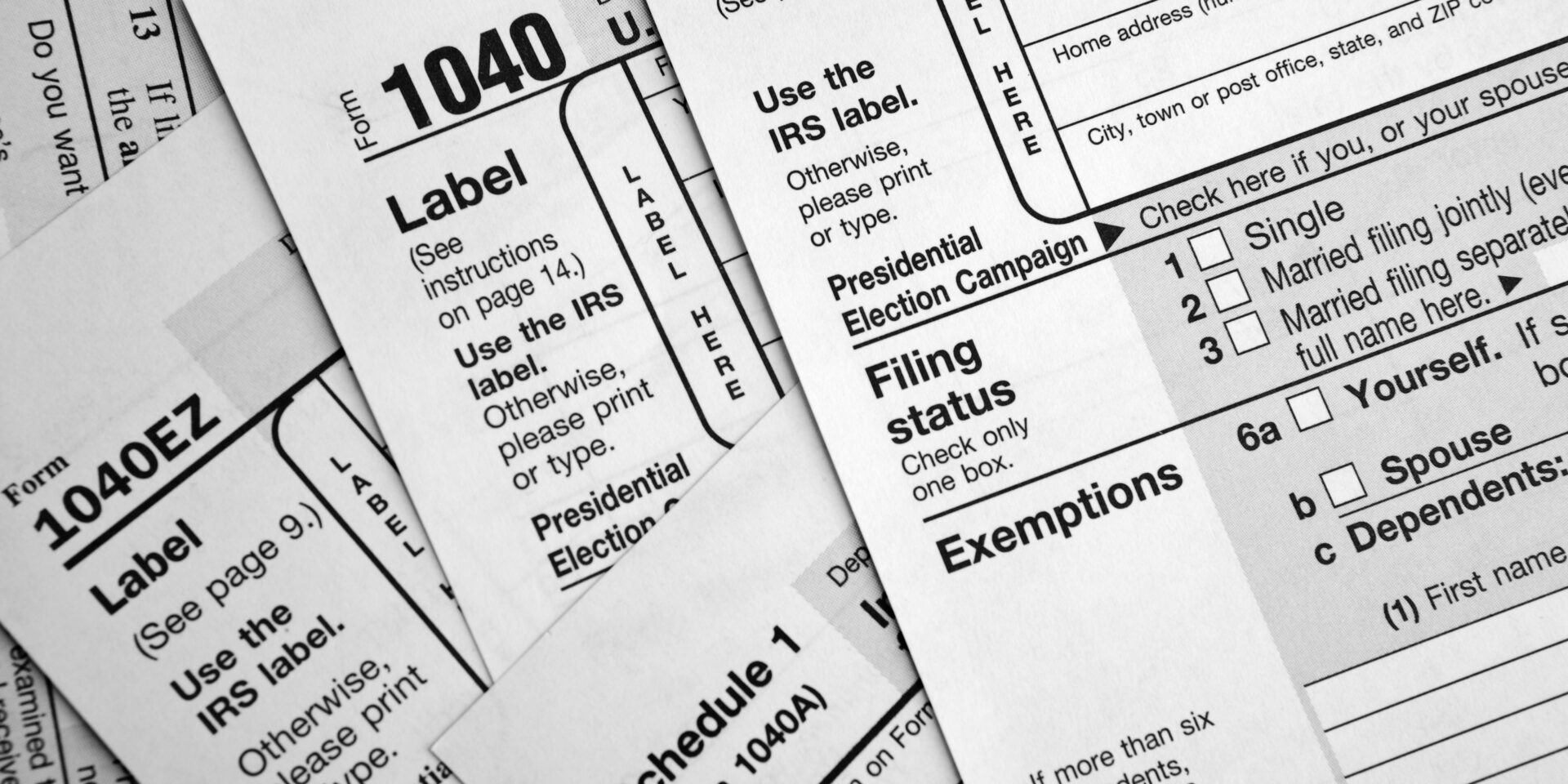Language:
How to Start a Credit Repair Business

Weak credit seems to follow someone wherever they go.
That new car, home, or business can feel like it’s a hundred miles away when they know their credit score isn’t up to snuff.
Past mistakes shouldn’t hold someone back from their future, and with a credit repair business, they can finally dig themselves out of their credit score slump and elevate their financial portfolio so they can show their worthiness to embark on worthy financial adventures.
If you have a passion for helping people get back on their feet so they can invest in what they love, starting a credit repair business might just be your next business move. Let’s help you start your thriving venture.
What Is a Credit Repair Business?
A credit repair business builds back credit. A person’s credit score can be low for all sorts of reasons— identity theft, the wrong address, the wrong name— and a credit repair specialist helps build back that credit by contacting a credit bureau and correcting those derogatory marks.
If you’re wondering what the difference is between credit repair and credit counseling, credit counseling is financial advice to help a person build back their credit, but not manually make it happen. Credit repair companies go deep in the weeds, getting to know all the details that make up your credit score and cleaning it up so it’s squeaky clean for the future.
9 Steps to Starting a Credit Repair Business
One bad mistake in the past shouldn’t hold people back from planning their future. But unfortunately, the nature of credit has that effect on people if they don’t get help from a capable and skilled credit repair company. Be that business for those struggling, so they can achieve their life’s biggest financial milestones!
1. Know Your “Why”
Before anything, know why you want to start your credit repair business. Did you ever struggle with bad credit, and change your life when it got back on track? Do you know people struggling to buy a house because their credit is low?
Any small business will face roadblocks, struggles, and times you just want to close your computer and call it quits. But knowing your “why” will give you an innate reason to keep going. Whatever it may be, find it for yourself, and let it drive you through even the roughest points in your business.
2. Complete All Your Credit Repair Business Requirements
Let’s just come out and say it: credit repair companies have a bad rap. There are lots of scammers out there who pretend to be credit repair businesses, running off with people’s money as soon as they have it in their hands. The FTC received 3,151 reports of credit repair fraud in 2021.
Because of all these fraudulent companies, federal and local governments have instilled laws to protect people from credit repair fraud and promote real companies.
License: Many states require a license to have a credit repair business, while some states make it completely illegal to have a credit repair company at all. Take a look at this handy map from Credit Repair Cloud to see what your state’s law may be (but remember, laws are always changing, so do your due diligence and research for the most up-to-date info).
Credit Repair Organizations Act (CROA): This law works to prevent credit repair companies from acting unethically, like providing misleading information, which is something that happens with illegitimate companies.
Fair Credit Reporting Act (FCRA): This is the notion that anyone should have access to their credit report.
Surety Bond: This is something that credit repair companies should create for themselves to further show the legitimacy of their work, and just another step that credit repair businesses like yours can take to ensure you’re showing your legitimacy amongst the many fraudulent companies out there.
3. Identify Your Target Market
Think back to your why and you just might uncover your target market.
Find out through research who in your area or online you see is struggling with poor credit. Is it the people who need a better understanding of financial literacy to secure a home one day? Or people who want to become small business owners but can’t secure a business loan due to financial mistakes made in college?
Knowing a focused, specific target market won’t necessarily limit you from getting other businesses; rather, it’ll help you zero in on where you can market your services and how to find clients who may be desperate for your service.
4. Write Out Your Business Plan and Work With a Strategy
Create a business plan to focus you on your short- and long-term goals. Business plans aren’t a one-size-fits-all approach; they can be written however you’d like. But some key aspects of a business plan for your credit repair agency:
Supply and Demand: Outline the research you performed when finding your target market. What is this community struggling with, and how can you solve their problem?
Marketing Strategies: Plan how you’ll find customers and market your business. It’ll be particularly helpful to capitalize on your business’s trustworthiness and legitimacy, especially since there are so many fraudulent credit repair businesses.
Projected Costs and Pricing Structure: Lay out how you’ll charge for services. Will you bill monthly for the amount of time it takes you to rebuild credit, per derogatory mark that you’ve removed, or decide on a flat fee to charge every customer? Describe why this is your chosen strategy and how it’ll help you scale.
5. Decide on the Type of Business Entity
While we’re talking financials, let’s get the other logistics checked off. If you haven’t already, establish a business entity for your credit repair business to legitimize your company. There are a few business entity types you can choose from:
Sole Proprietorship or General Partnership: An informal business structure that doesn’t protect a business owner from the business in case of legal allegations. Sole props have only 1 member (founder), while general partnerships have more than 1.
Limited Liability Company or Limited Liability Partnership (LLC or LLP): A formal business structure that protects a business owner from the business. Can be for a single-member LLC or an LLP.
S Corporation (S-corp): A formal business that separates a business owner’s liabilities from their business and has less than 100 stakeholders.
6. Open a Business Bank Account
Now that you’ve established your official credit repair business type, it’s time to open a business bank account. Think about the time it’ll take you to fish through all the profits you received amongst your clothing returns, grocery store runs, and rent payments. How much better will it be when you’re able to complete all your business-related expenses in one place?
(Plus, if you’re improving others’ financial visibility, wouldn’t you want to do the same? )
7. Choose a Credit Repair Software
The right software helps you help your clients. Take a look at some of these top credit repair tools to help you deliver better results for your customers:
Dispute Bee: They help you easily import credit reports, automatically write up dispute letters, and wait for responses, all tracked in Dispute Bee.
Credit Repair Cloud: They help budding credit repair business owners like you jumpstart your business through credit software and a business challenge when you join.
Credit Detailer: They are a one-time payment software for credit repair business owners that works in both English and Spanish.
8. Find a Simple CRM and Project Management Tool to Manage Clients
Once you’ve received some clients, make sure you keep track of them, especially as you start referral techniques to get more inbound leads! Use project management software like AirTable or Notion to track client information like emails and birthdays to stay connected, and CRM systems like Hubspot, Dubsado, or HoneyBook to communicate with and manage current clients.
9. Market Your Credit Repair Services
Through your project management and CRM tools, you’ll eventually create a list of customers who you can help, creating automation to instill referral programs to help you get more business! A referral program is a great way to get more clients, particularly for a high-risk business like credit repair where friends telling friends can be the difference between your market seeing your business as fraudulent or friendly. Marketing is an ongoing effort, but the earlier you start it, the earlier you can tweak and change your strategy so it works for you:
Build Brand Awareness Through Facebook Groups: Find local businesses, entrepreneurs, and finance lovers who might be asking for your service. Be careful not to tout your business too much, especially because groups tend to have rules on self-promotion.
Instill a Referral Program: Build trust within your community. As mentioned above, friends telling friends about your work will make it easy for you to build trust with your target market! You can do this through affiliate programs and cash incentives to help bring more positive talk around your service!
Start Your Credit Repair Business with a Trusted Partner
With all the excitement of starting your own business also comes equal part confusion and information overload. “Where do I start?” “Who can answer my questions?” are only a few of the questions rummaging through your mind when building your business. Starting your business doesn’t have to be the hardest part anymore. With a partner like doola, we’ll help you form your business so you can grow it with ease and make a difference in your community, helping clients get out of their biggest credit score woes.
FAQs
Is credit repair a profitable business?
According to ZipRecruiter, the average annual salary of a credit repair specialist is $46,040 a year. But just like any other business, that can be higher or lower depending on the way you run and structure your business.
Do you need a license to do credit repair in California?
Yes, if you have a credit repair business in California, you have to obtain a Certificate of Registration from the Department of Justice. Visit the A OAG website for application instructions.
Is credit repair a high-risk business?
Due to the amount of scam credit repair companies out there, credit repair businesses are considered high-risk, meaning they’ll need a merchant or bank account that accepts high-risk businesses.
Keep reading
Start your dream business and keep it 100% compliant
Turn your dream idea into your dream business.

















